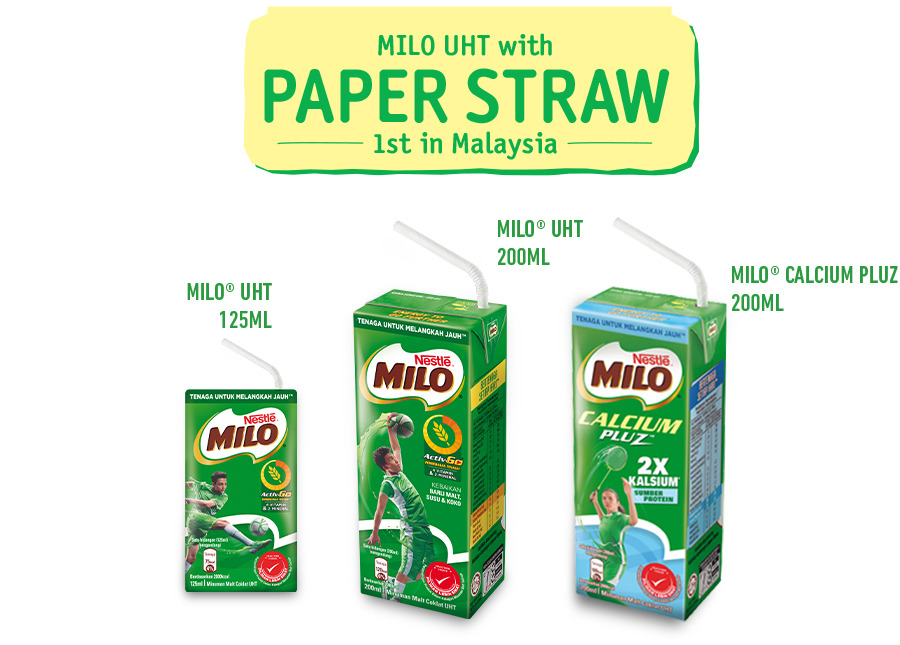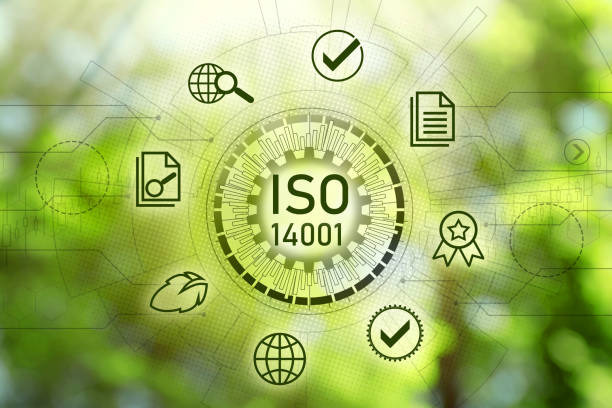As businesses continue to evolve in the age of sustainability, green marketing has become a cornerstone of corporate responsibility. In 2025, Malaysian businesses are experiencing a shift in consumer preferences, where eco-friendly practices and sustainable products are no longer just a nice-to-have but a necessity. Environmental issues such as climate change, pollution, and resource depletion influence consumer buying decisions, especially among younger generations. Green marketing is a powerful tool that businesses can use to respond to this trend and lead it.
For businesses in Malaysia, green marketing isn’t just about promoting eco-friendly products; it’s about creating a brand image that resonates with consumers who value sustainability. In this article, we’ll delve into five key strategies businesses can use to implement green marketing effectively. These strategies will help Malaysian businesses tap into the growing demand for sustainable products and services while enhancing their reputation and market share.
Table of Contents
5 Main Reasons Why Green Marketing is Crucial in Malaysia
Green marketing has become a vital strategy for businesses in Malaysia, driven by increasing consumer demand for sustainability and government support. This approach helps companies stand out and ensures long-term growth in an eco-conscious market.
- Consumer Demand for Sustainability: Over 75% of Malaysian consumers prefer products with environmental benefits. Younger generations, such as Millennials and Gen Z, are particularly vocal about expecting businesses to be environmentally responsible.
- Competitive Advantage: Companies adopting green marketing can differentiate themselves in a crowded marketplace and gain loyalty from eco-conscious customers.
- Government Support: The Malaysian government offers incentives and regulations for businesses prioritising sustainability, including tax breaks and a push toward a circular economy.
- Favourable Reputation: By embracing green practices, businesses can boost their reputation, attract customers, and comply with environmental regulations.
- Sustainability as a Growth Opportunity: As global trends lean towards sustainability, businesses that embrace green marketing now are more likely to thrive in the future.
These factors make green marketing essential for businesses looking to stay competitive while contributing to Malaysia’s environmental goals.
5 Key Strategies of Green Marketing in Malaysia 2025
1. Eco-Friendly Product Development

The first strategy in green marketing is eco-friendly product development. Consumers in Malaysia are increasingly seeking environmentally responsible and effective products. Businesses should focus on designing products with minimal environmental impact. This can include using sustainable materials, reducing waste in production, and ensuring energy-efficient manufacturing processes. Companies like EcoWorld and GreenBuild already lead this area by offering green products such as energy-efficient appliances and sustainable building materials.
Businesses in Malaysia can benefit from creating products that offer eco-conscious alternatives to traditional products. For example, companies can introduce products with recyclable packaging or use biodegradable materials in production. This strategy not only appeals to environmentally-conscious consumers but can also result in cost savings in terms of raw materials and production processes.
2. Sustainable Packaging

In Malaysia, packaging waste has become a significant issue, with plastic pollution posing a major environmental challenge. Consumers are increasingly demanding brands that adopt sustainable packaging solutions. By using biodegradable, recyclable, or reusable packaging, businesses can reduce their carbon footprint while simultaneously appealing to the growing number of eco-conscious consumers. Sustainable packaging is an effective green marketing tool that shows a company’s commitment to reducing waste and promoting sustainability.
Notable brands like Nestlé Malaysia and Unilever have already made substantial progress in reducing plastic packaging, shifting to more sustainable options. By adopting similar practices, local businesses can improve their environmental standing and build a positive reputation among consumers who prioritise eco-friendliness.
3. Transparency and Certifications

Transparency is crucial in green marketing. Today’s consumers are savvy and want to know that businesses’ claims about being eco-friendly are valid. Malaysian businesses must be transparent about their environmental practices and certifications to build trust. Obtaining certifications like the Green Label or ISO 14001 can help companies demonstrate their commitment to sustainability. These certifications are a tangible way to prove that a business’s products or services meet established environmental standards.
Transparency extends to marketing communications, too. Malaysian companies can build trust by openly sharing information about their products’ lifecycles, from sourcing materials to manufacturing and disposal. In 2025, being open about sustainability efforts is no longer optional; it is a key element of successful green marketing.
4. Cause-Related Marketing and Partnerships

Cause-related marketing involves partnering with environmental NGOs or supporting eco-friendly initiatives. By aligning with a cause that supports sustainability, Malaysian businesses can build their brand and contribute to environmental efforts. These partnerships can help businesses engage with their audience on a deeper level and show that they care about more than just profits.
For example, a local business could partner with a charity focused on reducing plastic waste in Malaysia. In return, the business could donate a percentage of sales to this cause or promote eco-friendly initiatives through its marketing channels. This strategy helps build brand awareness and loyalty while supporting a sustainable cause.
5. Digital and Social Media Marketing for Green Initiatives

Digital platforms and social media have become essential for businesses to engage with consumers. In Malaysia, social media is particularly influential in shaping consumer opinions about sustainability. Businesses can use social media channels to share their green initiatives, sustainability reports, and eco-friendly product features. By sharing engaging content highlighting their environmental efforts, businesses can build a community of eco-conscious consumers.
Another effective strategy is to collaborate with influencers who promote sustainability. These influencers can help spread awareness of a brand’s green initiatives and reach a wider, targeted audience. In 2025, digital marketing will continue to be a key driver of green marketing efforts, allowing businesses to engage with consumers and promote their commitment to sustainability.
Conclusion
As sustainability becomes a crucial factor in consumer decision-making, businesses can align with these values through eco-friendly product development, sustainable packaging, and transparency. With green marketing in Malaysia on the rise, brands prioritising sustainability can attract eco-conscious customers, strengthen loyalty, and establish a leadership position in the market.The key to successful green marketing lies in authenticity and real action. Businesses must ensure their claims are backed by sustainable practices to build trust and credibility.
For businesses looking to navigate this journey, Newnormz offers expertise in green marketing in Malaysia. With tailored strategies, including social media management and content marketing, Newnormz can help brands position themselves as environmentally responsible leaders. Embracing green marketing is no longer optional—businesses must thrive in today’s eco-conscious market. Start now to build a sustainable future while securing your place in the green revolution.
Frequently Asked Questions
1. What is Green Marketing, and Why is it Important for Businesses in Malaysia?
Green marketing refers to promoting products and services based on their environmental benefits, including sustainability, eco-friendliness, and reduced environmental impact. In Malaysia, green marketing is crucial due to the growing consumer demand for sustainable products, increased environmental awareness, and government incentives for eco-friendly businesses. Green marketing practices can help businesses enhance their reputation, attract environmentally conscious consumers, and comply with regulatory frameworks to promote sustainability.
2. How Can Businesses in Malaysia Implement Eco-Friendly Product Development?
Businesses in Malaysia can implement eco-friendly product development by using sustainable materials, reducing production waste, and ensuring energy-efficient manufacturing processes. Companies can also design products with minimal environmental impact, such as recyclable packaging or biodegradable components. Eco-friendly product development appeals to consumers and can lead to long-term cost savings in production and supply chain operations.
3. What Are Some Effective Green Marketing Strategies for Businesses in Malaysia?
Effective green marketing strategies include:
- Eco-Friendly Product Development: Focus on creating sustainable products that reduce environmental impact.
- Sustainable Packaging: Use biodegradable, recyclable, or reusable packaging materials.
- Transparency and Certifications: Be transparent about sustainability efforts and obtain certifications like ISO 14001 or the Green Label.
- Cause-Related Marketing: Partner with environmental organisations and promote eco-friendly initiatives.
- Digital and Social Media Marketing: Leverage online platforms to share green initiatives and engage with eco-conscious consumers.
4. How Does Green Marketing Help Businesses Gain a Competitive Advantage in Malaysia?
Green marketing provides a competitive edge by positioning businesses as leaders in sustainability, appealing to eco-conscious consumers, and differentiating products in a crowded marketplace. Consumers, particularly younger generations, are increasingly prioritising environmentally responsible brands. Additionally, adopting green practices helps businesses meet government regulations, gain incentives, and enhance their public image, contributing to long-term success and growth in a sustainable market.






